Nahida is the director of people and inclusion at Trussell Trust, UKs largest foodbank charity and responsible for all aspects of HR for Trussell Trust, and HR support for the foodbanks. Prior to that, Nahida was a civil servant for 14 years, starting as a driving examiner, progressing to operational management and then talent and capability business partner whilst leading the Agency’s Race Network before progressing to another government department as a senior equality, diversity & inclusion consultant leading on race, religion or belief and the learning portfolio.
An experienced HR professional, with an expertise in equity, diversity and inclusion, learning and development and talent management, Nahida has a strong track record in shaping and successfully implementing change within large complex organisations. As a certified Prosci Change Management Practitioner, she balances the need for rigor and process with the pragmatism needed to meet operational needs.
Equity, diversity, inclusion, belonging and wellbeing are important to Nahida; she has a 24-year-old daughter with leukaemia and is a mature Muslim female divorcee, with lived experiences of barriers and challenges. Over the years, Nahida has struggled to recognise her own self-worth and having discovered her confidence and not shying away from my own vulnerabilities, she now role models authentic leadership, through inspirational and motivational talks on overcoming those barriers, for which she has received numerous awards.
Outside of work Nahida is a Board Trustee for Nottinghamshire Mind and a School Governor. She is a keen academic and completed a master’s degree in leadership and management at 49 years of age, within 9-months, whilst working full time, despite having no previous academic qualifications. She also undertook the civil service future leaders’ scheme and achieved her CIPD Chartered Membership having delivered sustainable cultural change in her organisation and continues to advocate for professional development and personal growth. Nahida loves to cook, bake, read & travel and has currently taken up renovating furniture.
Tell us about yourself, your background, and your current role.
I am the Director of people and inclusion at Trussell Trust, UKs largest foodbank charity and responsible for all aspects of HR for Trussell Trust, and HR support for the foodbanks. This includes data protection, safeguarding, Equity, Diversity & Inclusion, Learning and development and people experience. Prior to that, I was a civil servant for 14 years, starting as a driving examiner, progressing to operational management and then talent and capability business partner whilst leading the Agency’s Race Network. I then progressed to another government department as a senior equality, diversity & inclusion consultant across all groups, later focussing and leading on race, religion or belief and the complete inclusion learning portfolio.
Did you ever sit down and plan your career?
Absolutely not. Actually, I wanted to go to university but was unable to even do A-Levels due to poverty and other personal challenges. I ended up working in various insurance companies, covering life and pensions, commercial, household, motor etc. I was a proprietor of a mini supermarket (self-employed) for 10 years, work in a bank whilst training to be a driving instructor which I did for 5 years before joining the civil service. All the earlier jobs came about purely because of my personal circumstances, and I only made a conscious effort to go into HR in 2013 when I realised that the jobs I enjoyed and made me happy were the ones where I was helping people.
How do you measure success for you as a leader?
I am only as good as my team. If my team are happy, they will produce high quality work. If my team are engaged and well, then the productivity speaks for itself. If my team respects me and values me as an empathetic and authentic leader, then they show this not only in their engagement surveys but in the way they interact with me.
What would you say are the most important leadership values to you?
Honesty, transparency, inclusivity, empathy and genuine care for my people. I thrive to be a leader that recognises the value of my team and the unique qualities of each individual. I do not shy away from being myself, the good, the different and my vulnerabilities.
What advice would you give someone just starting out in their leadership journey?
Be the best version of yourself. Treat your people the way you would want to be treated. Value them and give them your time. Provide clear direction, engage them in decision making and be inclusive in every way you can. Above all, take time to consider their wellbeing and discuss how you can collectively address their concerns.
Have you been confronted with gender-related roadblocks in your career?
Every step of the way. And this has been magnified because I am from an ethnic minority background and a mother with caring responsibilities. I have been told that I would not be strong enough to lead a group of mature white men (working in a predominately white male industry). I have not been considered for promotion or projects because my caring responsibilities would not allow me to give it my best or that it was assumed that an Asian woman does all the cooking, cleaning etc. so a promotion or project would be too much to cope with – all with good intentions but clearly discrimination.
What do you think is the most significant barrier to female leadership?
Assumptions, as mentioned above but also the clicks that exist in some industries. Stereotyping and gender bias. A female is seen as aggressive or pushy when trying to be assertive, where as a man acting in the same way would be seen as a strong leader.
What’s the most dangerous behaviour/trait that you have seen derail female leaders’ careers?
I know that this is not true of all men but the “boys club” still exits in many organisations. They will go down the pub or go to football or golf, excluding the females in those networking opportunities.
And then there is the chauvinist attitude that still informs decisions, e.g. a woman is not strong enough to lift something, or drive a truck or she is too emotional. These things can really derail a career.
How have you built confidence and/or resiliency over the course of your career?
Confidence is when you get encouragement from others – this gives you ‘courage’. I have had a lot of that from other female leaders who became my mentors and role models and from my managers, many of whom have been men. They had belief in me which allowed me to believe in myself. A manager can make or break a person. I have an issue with building resilience, we all have different tolerance levels to resilience similar to our pain thresholds and what we need is for us to recognise that and employers need to find ways to accept those tolerances. I agree we often need to build resilience in our personal lives, for example when my daughter was diagnosed with leukaemia, I had to be strong for her, and that increased resilience seeped into my professional life. So, tolerance levels can change over time dependant on what challenges we face. As we mature in roles and age, our levels of resilience can also change.
Some self-doubt keeps you humble and helps you work harder. However, self-doubt that manifests as impostor syndrome can stop you from growing. Do you ever second-guess yourself?
Every day and it causes me to hold myself to higher standards. I feel like I have to prove myself all the time. This can and often does, affect both my performance and wellbeing. But it is really important to recognise where you secretly doubt your abilities (something you can fix) and where you are made to feel as if your identity makes you unworthy of your position or achievements. The latter shouldn’t be your problem, but that is easy said than done. I still worry about it. Once I have acknowledged why I am second guessing myself, I find it helps to talk to a trusted friend or mentor. I also often share my feelings with my team and peers and their reassurances and recognition of my value, helps me to fight back against my own feelings. I try and focus on facts. If I was really an imposter, I would not be able to deliver – is that what my work is showing? Am I not delivering what I am supposed to, at a good standard? Often the answer to that is that I am working well above a good standard and that helps me come back to reality and fight the fear of not being good enough. The hardest part is when things don’t go right or as planned. Feeling like you failed makes you doubt yourself. In these instances, I always review what did not go well, and what went well. I learn from that. Failing does not make you a fraud, it makes you human.





Responses